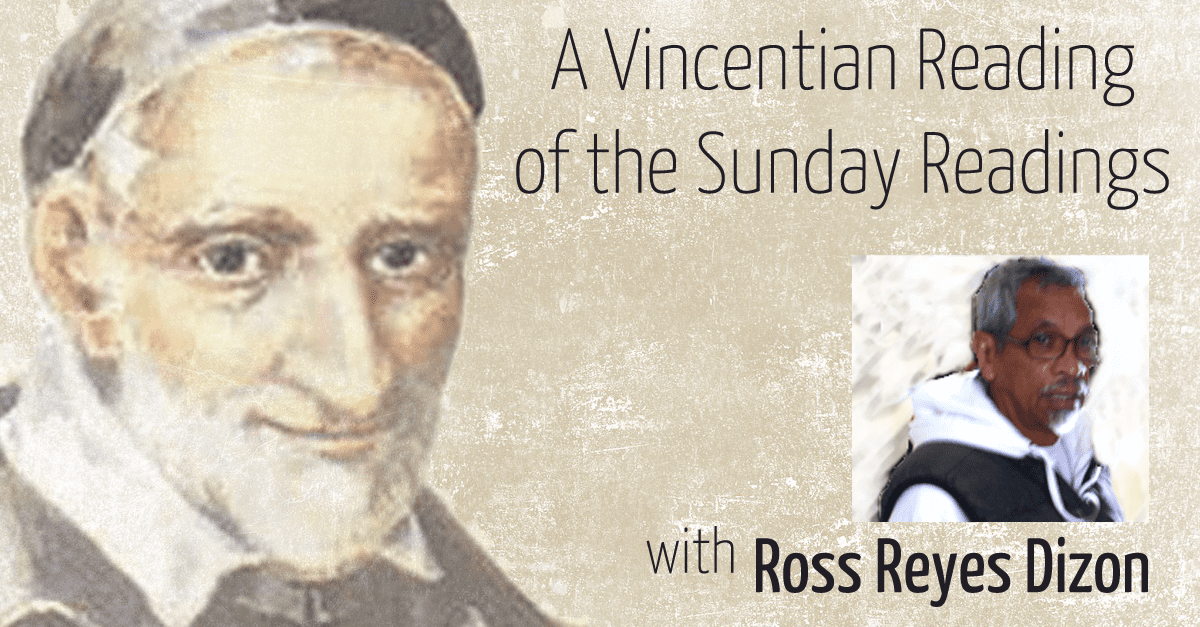Jesus is the faithful witness and the King of martyrs. To welcome him means to follow him to the end with palms in our hands.
Of the four gospel writers, only John mentions palms. Matthew and Mark speak only of “branches.” Luke, for his part, says nothing at all about branches. Could it be that he would not associate Jesus with what might smack of rebellion, nationalism (see 2 Mac 10, 7)?
But Luke shares with Matthew and Mark the thing about cloaks, which serve as saddle and as “red carpet” of sorts. And the three, with John too, send us back to Ps 118. The psalm says, in part, “Blessed is he who comes in the name of the Lord. …. Join in procession with boughs up to the horns of the altar.”
Luke, though, brings in ‘king’. Hence, the change makes the greeting to read, “Blessed is the king who comes in the name of the Lord.”
Some of the Pharisees do not like it. It is not good enough for them that the one who comes is not hailed with palms and branches. So, they ask the Teacher to scold his disciples.
And he replies that if the disciples stay quiet, the stones will cry out. That is to say, he hints that simple folks, and lifeless things too, know how to read the signs of the times. They know, better than the wise who want others to hold back their feelings, who it is that comes. He is the anointed King, the light of the nations and the glory of Israel. He only has to say, “The Lord needs it,” and they give it to him, their chief.
To follow the King and Messiah in procession with branches and palms.
Yes, the meaning of what is taking place is lost on the leaders who have settled down in Jerusalem. That is why, a little later, Jesus will weep for the city.
But the disciples do not wholly get it either. In fact, they do not understand Jesus when he predicts his death and rising. Or they do not to hear or do not understand at all. They do not grasp that the palms also mean palms of witness, martyrdom. Not just palms of triumph.
So, it comes as no surprise that two of them will later leave Jerusalem to get away from disappointment. They are confused and disillusioned.
But can we make sense of Jesus’ death on the cross? Do we not take it as what a bully of a Father demands? Do we not think he wants his Son’s precious blood to appease his wrath?
But the truth is God is love. Hence, he is trait is mercy (SV.EN XI:328), not sadism.
No, God does not wish evil for those he loves, for his dear Son, least of all. To blame for the cross are those who turn down Jesus. Those who are against the reign of justice, truth and care for all.
And to follow Jesus’ way of love, in simplicity, humility, meekness, mortification, zeal, means to suffer persecutions.
So then, Jesus on the cross shows us what it means to love like God, to empty ourselves and to serve in love to the end. He wants us to change so that we may live, not die.
Lord Jesus, make us live your Supper. We will thus be faithful witnesses to the light and the truth; we will grow like a palm-tree whose palms do not dry up.
10 April 2022
Palm Sunday (C)
Lk 19, 28-40; Is 50, 4-7; Phil 2, 6-11; Lk 22, 14 – 23, 56






0 Comments